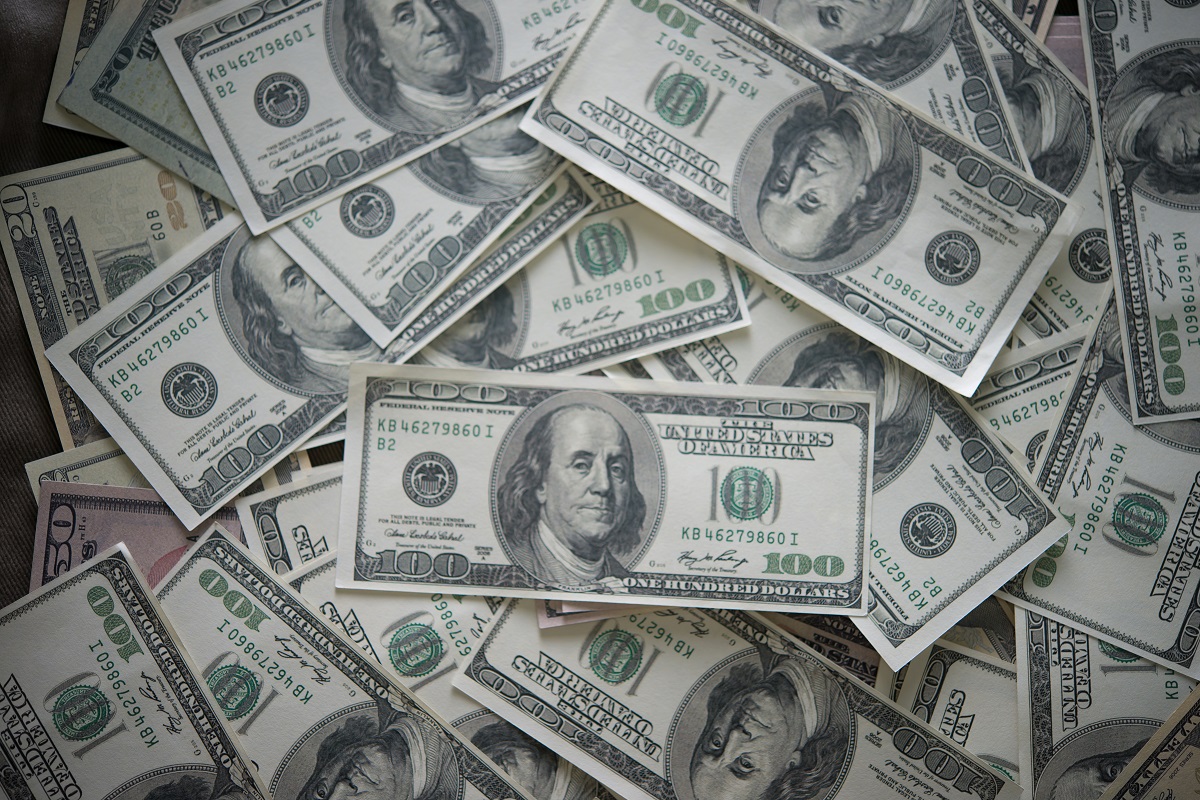Bonded, and Insured.

Keeping the lights on in your house comes at a cost. So does operating your HVAC unit, water heater, and the myriad gadgets plugged in at any time. Most American families spend more than $2,000 per year on household utilities. Our electricians in Apopka, FL, suggest these tips for lowering your home energy bill.
Make sure your freezer and refrigerator seal well to keep the cool air inside where it belongs. The same goes for windows and doors. Bad seals allow energy to escape, emptying your bank account in the process.
You can improve your heating and cooling system’s efficiency by repairing leaky air conditioning, ventilation, and heating ducts.
Set your thermostat back ten to fifteen degrees when you are asleep or away from your house. Doing this for eight hours a day can lower your annual energy costs by about ten percent. Then, install a programmable thermostat to do the work for you.
Setting your freezer between zero and five degrees and your refrigerator to 38 degrees will keep food fresh, but the appliance will not have to work as hard to maintain the temperature.
Cutting a couple of minutes off your time in the shower can lower water usage by about five gallons. Multiply that with every shower you take, and you will save some serious cash.
Efficient showerheads can reduce water usage by around 2,700 gallons annually. Look for products with the WaterSense label to ensure maximum efficiency.
Only use cold or warm water to wash your clothes to cut your per load energy usage by half or more.
That annoying dripping sound is not just bad for your sanity. It is also the sound of money going down the drain.
One hundred forty degrees is the default temperature setting for most water heaters. Lowering the setting to 120 degrees can reduce your water heating cost by about ten percent. Adjust it to the lowest setting when you leave the house for a vacation to conserve your energy use even more.
If you are in the market for a new dishwasher, water heater, or HVAC system, choose an energy-efficient model to save on energy in the future. Prioritize purchasing energy-efficient models for appliances you use the most, like dryers, washers, televisions, water heaters, HVAC systems, and refrigerators.
You can save around $75 annually by switching the bulb in your five most used fixtures to LED or compact fluorescent bulbs marked with the Energy Star label.
Dimmers allow you to set the brightness in your rooms to fit your needs. Setting lighting to lower brightness throughout your home will save you money over time.
Some electronics never actually power off. Instead, they remain in standby mode and use power that can add up quickly depending on the number of devices in your home. Plug these devices into smart power strips that will cut off their current when not in use.